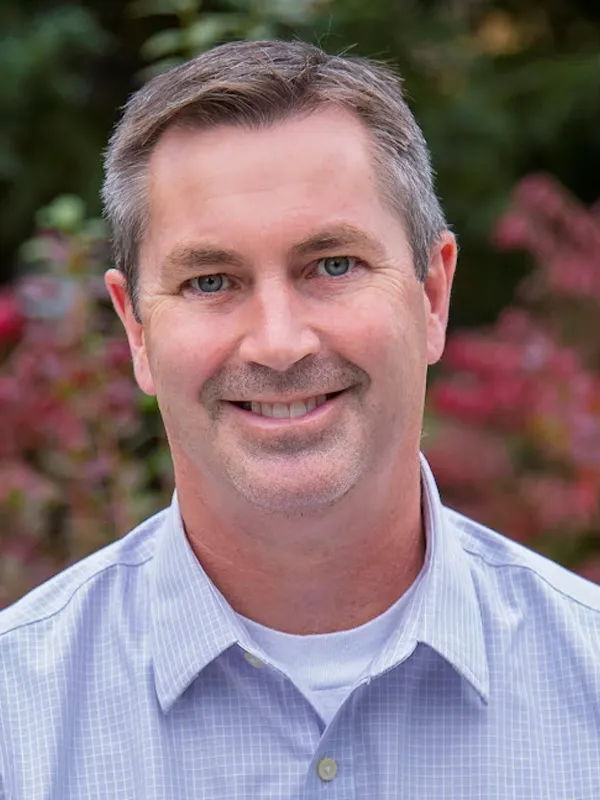
The practice of anesthesia is central to modern medicine. It requires precision, calm under pressure, and constant vigilance. Whether in the operating room, critical care unit, or ambulatory surgical center, anesthesia professionals are expected to make fast, high-impact decisions with minimal margin for error. The weight of this responsibility is enormous and can take a significant toll on emotional and mental well-being.
In recent years, the conversation around mental health in healthcare has started to grow louder, especially within high-stress specialties like anesthesia. More anesthesia providers are speaking openly about burnout, anxiety, depression, and the emotional fatigue that often accompanies their work. This shift is not only welcome, it is necessary. Supporting mental health in anesthesia is no longer optional—it is essential for safe, sustainable care.
Anesthesia professionals face a unique set of stressors that increase their risk for mental health challenges. These include:
Together, these factors contribute to a heightened risk of burnout, substance misuse, depression, and even suicide. Studies consistently show that anesthesia professionals experience mental health struggles at higher rates than the general population.
Fortunately, awareness is growing and efforts are underway to change the culture surrounding mental health in anesthesia. From professional organizations to individual institutions, the focus is beginning to shift toward providing better support.
Peer Support Networks
More hospitals and anesthesia departments are implementing peer support programs. These initiatives connect providers with trained colleagues who can offer confidential, empathetic support after difficult cases or stressful situations. Talking to someone who truly understands the pressures of anesthesia can make a significant difference in recovery and resilience.
Wellness Resources from Professional Associations
Organizations such as the American Association of Nurse Anesthesiology and the American Society of Anesthesiologists are investing in wellness toolkits, 24-hour helplines, and educational campaigns. They are encouraging members to prioritize mental health as a key component of professional performance.
Resilience Training in Education
CRNA and residency programs are starting to incorporate training on resilience, stress management, and mindfulness. By addressing these issues early in a clinician’s career, these programs aim to prepare the next generation of providers to manage stress and prevent burnout before it begins.
Leadership-Driven Culture Shifts
Perhaps the most important change is coming from within. Anesthesia leaders are becoming more vocal about their own experiences with stress and mental health. By sharing openly and supporting policy changes that normalize self-care, they are helping create a culture where mental wellness is seen as strength, not weakness.
Improving mental health support in the anesthesia field will require both top-down policy change and grassroots peer engagement. It means building systems where providers feel safe speaking up. It means checking in on one another and making space for rest. And it means redefining what it looks like to be excellent at your job, not just through clinical skill, but also through self-awareness and personal well-being.
At Advanced Anesthesia Services, we believe that caring for our providers is foundational to caring for our patients. We support open conversations about mental health, offer flexible work models whenever possible, and strive to foster a culture of compassion and collaboration. Our profession is demanding, but it should not be depleting. Together, we can build a future where anesthesia providers thrive; mentally, emotionally, and professionally.

